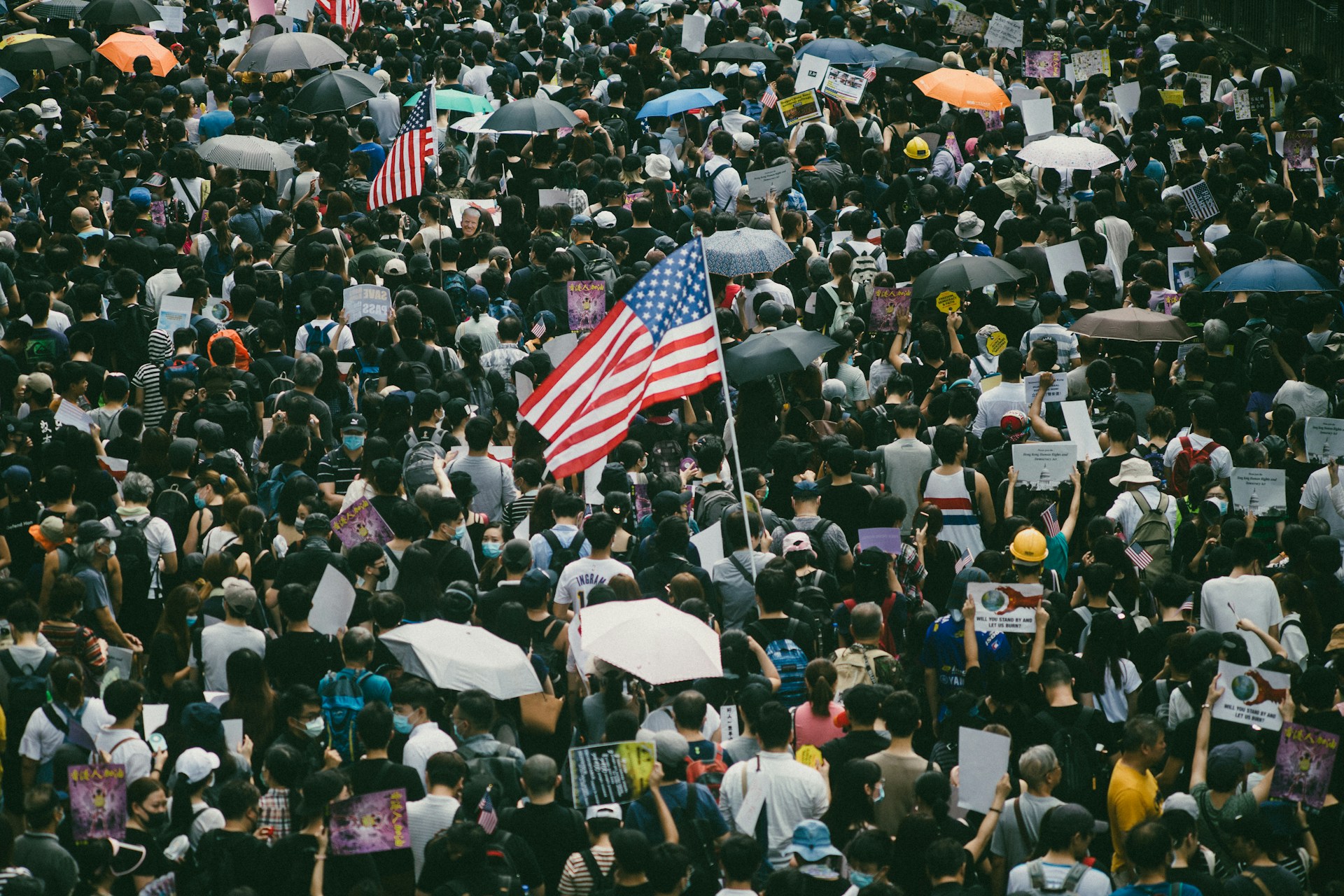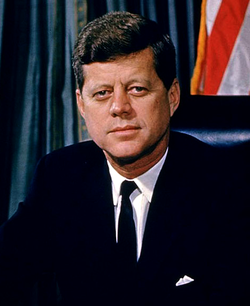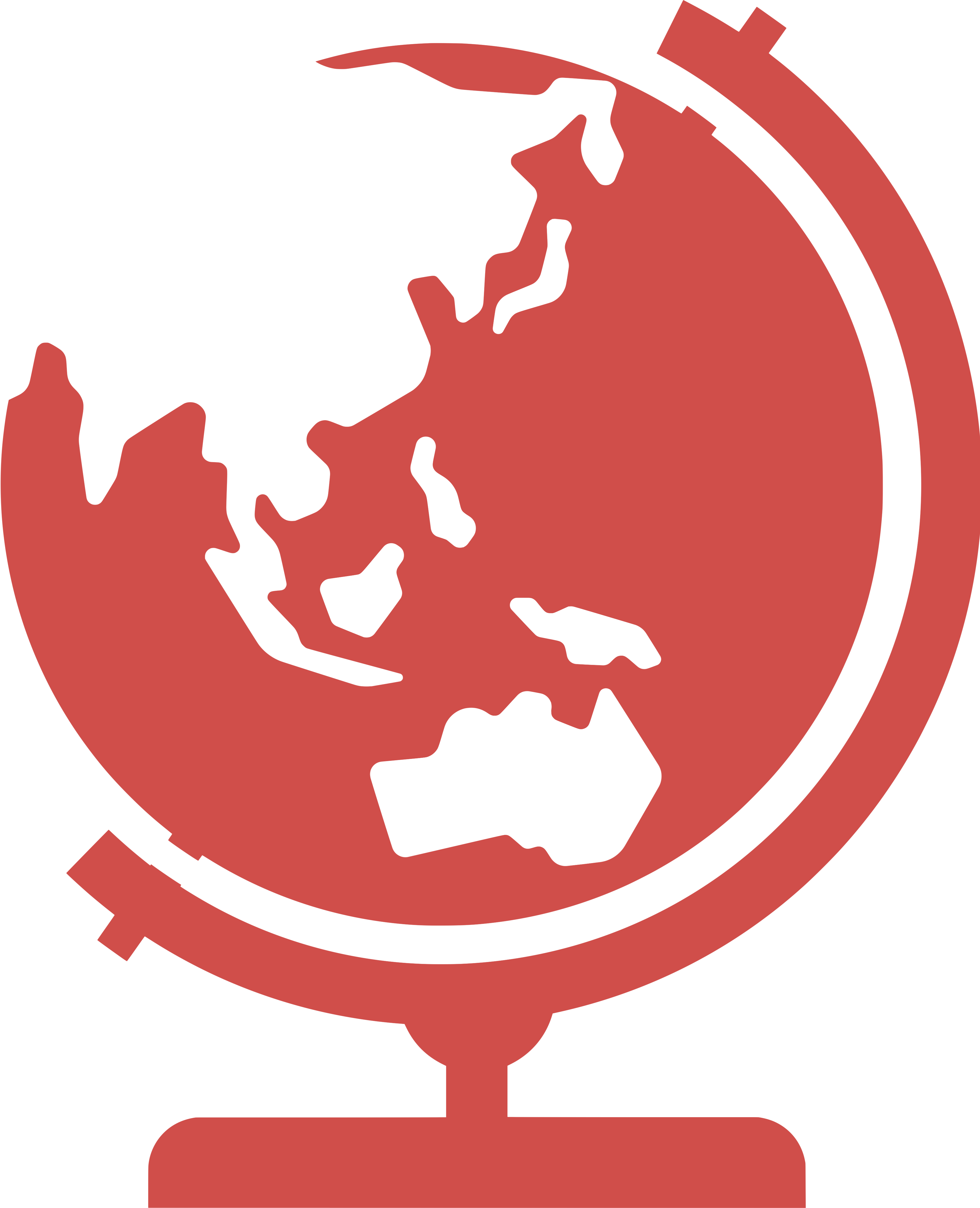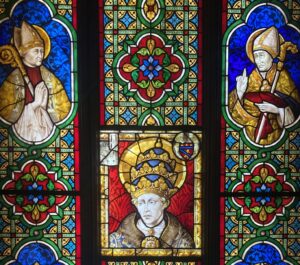DEMOCRACY IN OUR TIME
An essay exploring the history, concept, challenges, and necessary means to defend and maintain a democratic society.

Throughout most of recorded history, centralized monarchies, oligarchies, and hereditary aristocracies ruled over the masses
Democracy—a term many of us take for granted in modern society—has its roots in antiquity, and in varying epochs, democracy has held diverse interpretations; Indeed, for most of human history, most adults did not have a voice in how they were governed, it was first the Athenians who pioneered the idea that adult male citizens should participate directly in the decision-making processes in their community. Their democracy granted some citizens the responsibility to engage in the Ekklesia (Assembly), councils, and courts. Similarly, the Romans developed a complex system of checks and balances where citizens voted for elected officials who represented their interests, they called their system a republic, which lasted for about 500 years. In 27 BC, internal conflicts, political violence, and expansion strains culminated in the transition where the Republic became an Empire; Octavian set the trend in motion, initiating a period where emperors would continue to consolidate power at the expense of the plebeians (commoners). After the split and end of the Empire, (5th c. West, 15th c. Eastern) emperors were replaced by feudal lords, kings, and petty princes across Europe. It is safe to conclude that for most of recorded human history, it was centralized monarchy, oligarchy, and hereditary aristocracy that ruled over the masses. Until the American revolution, democracy was mostly a concept of philosophers that theorized about political systems.

Certain principles must prevail in the collective consciousness, such as, the rule of law, the safeguarding of individual rights, and an individual’s right to the pursuit of truth.
Our contemporary understanding of democracy is rooted in classical liberalism that came out from the Enlightenment in the 18th century, which formulated the notion that certain principles must prevail in the collective consciousness, such as, the rule of law, the safeguarding of individual rights, and an individual’s right to the pursuit of truth. The French and American revolutions were turning points that inspired the creation of nation states across Europe in the 19th century, paving the way for a new democratic age. Inspired by the American revolution, the French too revolted against the prevailing monarchical absolutist order, ushering the age of Napoleon. Although he was himself a tyrant, everywhere he went, the ideas that challenged feudalistic systems followed, birthing new political ideologies, such as conservatism, liberalism, socialism, and nationalism in the 19th century.
The rise of totalitarianism
The causes leading up to the First World War (1914-18) are nuanced, for example, socialists blamed capitalism and nationalism for the conflict (even though millions of workers and socialists put national duty ahead of class consciousness and signed up for service), but the war’s outcomes led to growing uncertainties and contradictions: it had a profoundly negative impact on the liberal order in Europe. The foundations that served to support monarchical power in Europe had been eroded; the war was a wrecking ball that dismantled long-standing empires and created power vacuums that were contested by ideologues, bringing about the rise of totalitarianism. True, liberal democracies are not perfect; however, some distinctions cannot be overstated. Democracy, on one hand, affirms the principle that the individual stands autonomous; there is a metaphysical element attached to life: humanity is intrinsic, and the human experience is valuable, thus derived. On the other hand, the materialistic view dominates, and no metaphysical concept is attached to reality whatsoever, dismissing the romantic, cosmic-like experience of life. Systems built on such foundations are secular in nature and demand total claim on the beliefs and behavior of its citizens through coercion, propaganda, and control of education and economy.
" Ask not what your country can do for you—ask what you can do for your country. "
John F. Kennedy
35th U.S President

We are at precipice
At some point in the 20th century, classical liberalism was hijacked by what historians call the libertine view, which says that the freest individual is one that lives unrestrained by convention or morality, survival of the fittest in practice, that one is free to impose if he can; selfishness by right. Is the unexamined life and living out one’s self-gratifying fantasies truly what constitutes freedom? If our vices arrest us, then we are not truly free. Such lack of idealism came out from the materialistic world view that dominated academia – the cool thing was not to be a “square” after all. Perhaps classical liberalism is for the prudish, but consider, there will be no democracy without it, therefore, in this precipice, we grapple in culture war. The vestiges of a Christian society are crumbling around us: drug use is rampant, pornography is widespread, and children are exposed to it at a younger age, suicide is on the rise amongst children never mind adults, violence of every type is portraited on television: we are desensitized. Political corruption and lack of trust by the general population in their elected officials (who are supposed to represent them—worst case scenario is that it does) is now common. We must wrestle with these questions to find our identity back and reclaim it before we find ourselves in the grasp of a system that may guarantee us (as privilege) the ability pursue our immediate, ever-present desires, but not chase after the fundamental principles that scream in our conscious; the moral law that tells us that the individual matters in the long run, that consequences exist, that true freedom lies under the rule of law, individual autonomy, limited government in our lives, economically and personal, and freedom of speech without fear of offense. In truth, it is such ideas that pave the way for truthful and just civil disobedience, the type that dismantled slavery in the west. How can we appeal to a higher law ( the universal, the one above an unjust state) if we are too preoccupied with how to gratify our vices? If we cannot define what “unjust” is? Are we to throw away what so many people sacrificed just for the thrill of the moment? Such are the makings of a nanny state. Democracy may be a stake; your life is at stake and everything that makes you a human being.
When John F. Kennedy exclaimed “ask not what your country can do for you—ask what you can do for your country,” he was referring to this valuable fact: that the responsibility lies on you, and that we as a collective of individuals have a hand to play in society.

